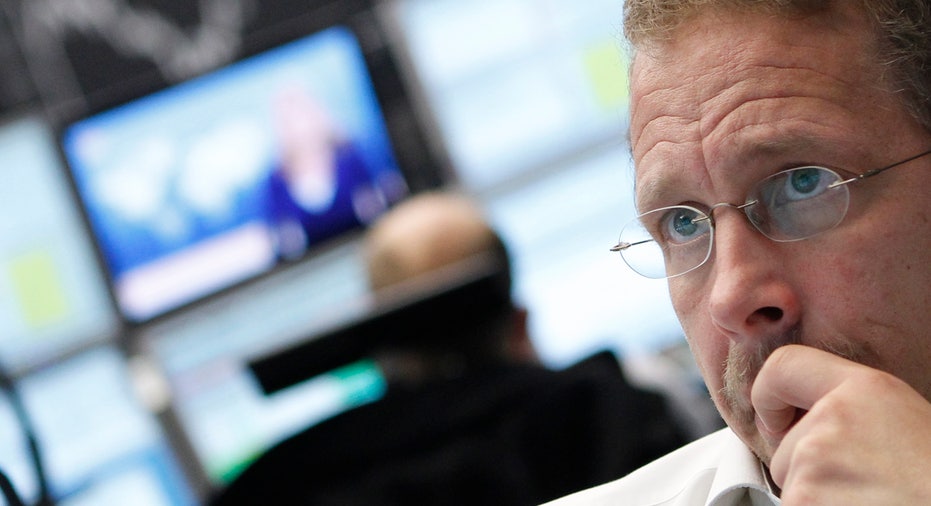Global Shares, Dollar Dented by Debt Worries

World stock markets began to shake on Wednesday in response to a U.S. government shutdown that shows no signs of ending soon, also sending the dollar to a one-month low against the yen.
Investors have generally taken the view that the first such shutdown in 17 years would prove temporary, but there are growing worries about its implications for talks on raising the U.S. public debt ceiling later this month.
While the shutdown would have to drag on to have a substantial effect on the United States economy, a failure to raise the debt ceiling carries the threat of a government default on its debt with wide and unpredictable consequences.
"We do fear that as this discussion drags on, volatility in the market will continue to increase," said Patrick Moonen, senior equity strategist at ING Investment Management.
The dollar had already suffered on Tuesday as the shutdown began and it fell another 0.6 percent against the yen, seen as a safe haven by investors in times of political strife, to 97.36 yen - its lowest since late August.
The euro also drew support from events in Washington but is hampered by an economic outlook that may yet provoke more action - or at least the threat of action - from the European Central Bank, meeting on Wednesday in Paris.
The latest round of political turmoil in Italy has not helped the region's prospects - although there are signs that Prime Minister Enrico Letta may be on the verge of assembling enough support to keep his government in power and fend off elections for now.
By 0900 GMT, the euro was up about 0.1 percent at $1.3554, nearing an 8-month high touched a day earlier.
Global equities, as measured by MSCI's world equity index .MIWD00000PUS, were down 0.3 percent after starting the new quarter with a 0.9 percent gain on Tuesday.
U.S. stock futures eased 0.2 percent signaling further weakness ahead while Europe's FTSE 300 index .FTEU3 shed 0.75 percent and Asian shares outside Japan .MIAPJ000PUS rose 0.3 percent.
"With the U.S. shutdown, everyone is hoping for the best," said Luca Jellinek, head of European interest rates strategy at Credit Agricole CIB. "But none of us are political analysts, so the market has suspended judgment until we see what happens."
ITALIAN RELIEF
ECB President Mario Draghi has raised the possibility of even looser policies in a bid to prevent market interest rates from rising and undermining economic recovery.
But the U.S. Federal Reserve's surprise move not to trim bond-buying this month for now looks to have done the job for him.
"They (the ECB) will stick to their happy talk of being supportive and keeping low rates for a long time," said Credit Agricole's Jellinek.
In Italy, the euro zone's third-largest economy, signs Letta will survive a possible confidence vote later in the day, helped 10-year bond yields ease 6 basis points to 4.41 percent.
There were more signs on Tuesday of support for the government from within the party of former premier Silvio Berlusconi, who had moved to bring down the government and force another potentially inconclusive election.
"People in general expect the Italian government to survive," Nordea chief analyst Anders Svendsen said.
Italy's main share index, the FTSEMib .FTMIB, was down 0.3 percent, having rallied 3.1 percent on Tuesday to near two-year highs as the threats to the government survival eased.
In commodity markets, gold hit two-month lows below $1,300 an ounce after a massive sell order on Tuesday stoked fears of further liquidation.
Copper futures had also dipped 0.2 percent after posting their biggest quarterly gain since March 2012 thanks to steadying global growth.
Oil prices softened as a result of the U.S. government gridlock with the November contract down 39 cents percent to $107.55 per barrel.
(Reporting by Richard Hubbard; editing by Patrick Graham)



















